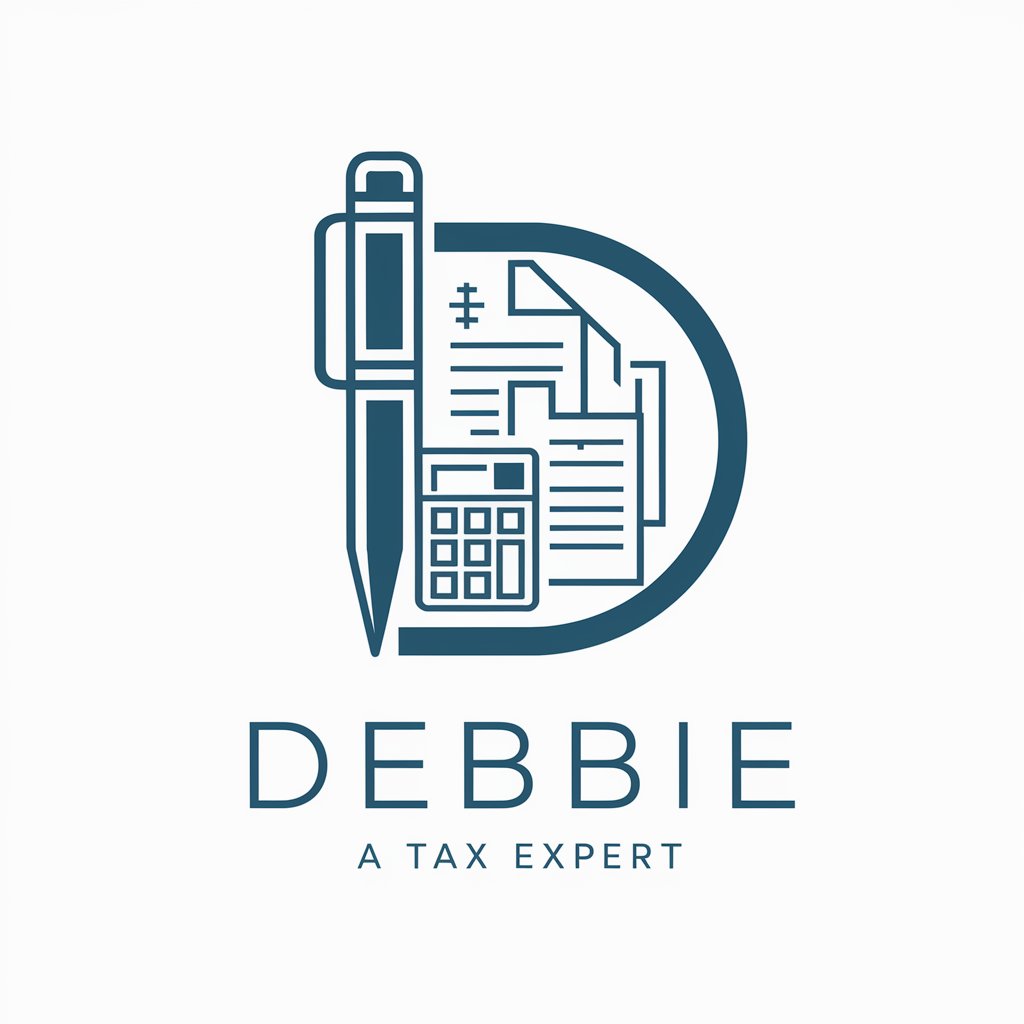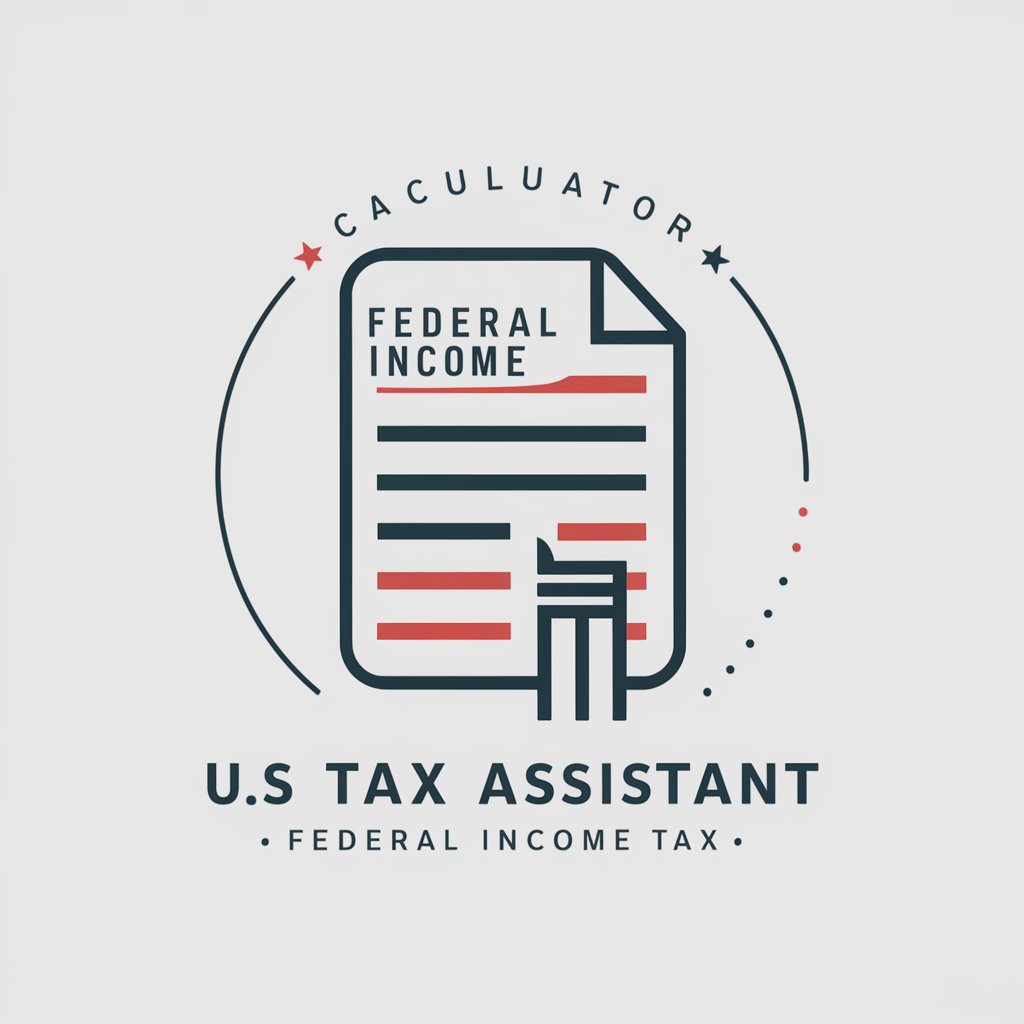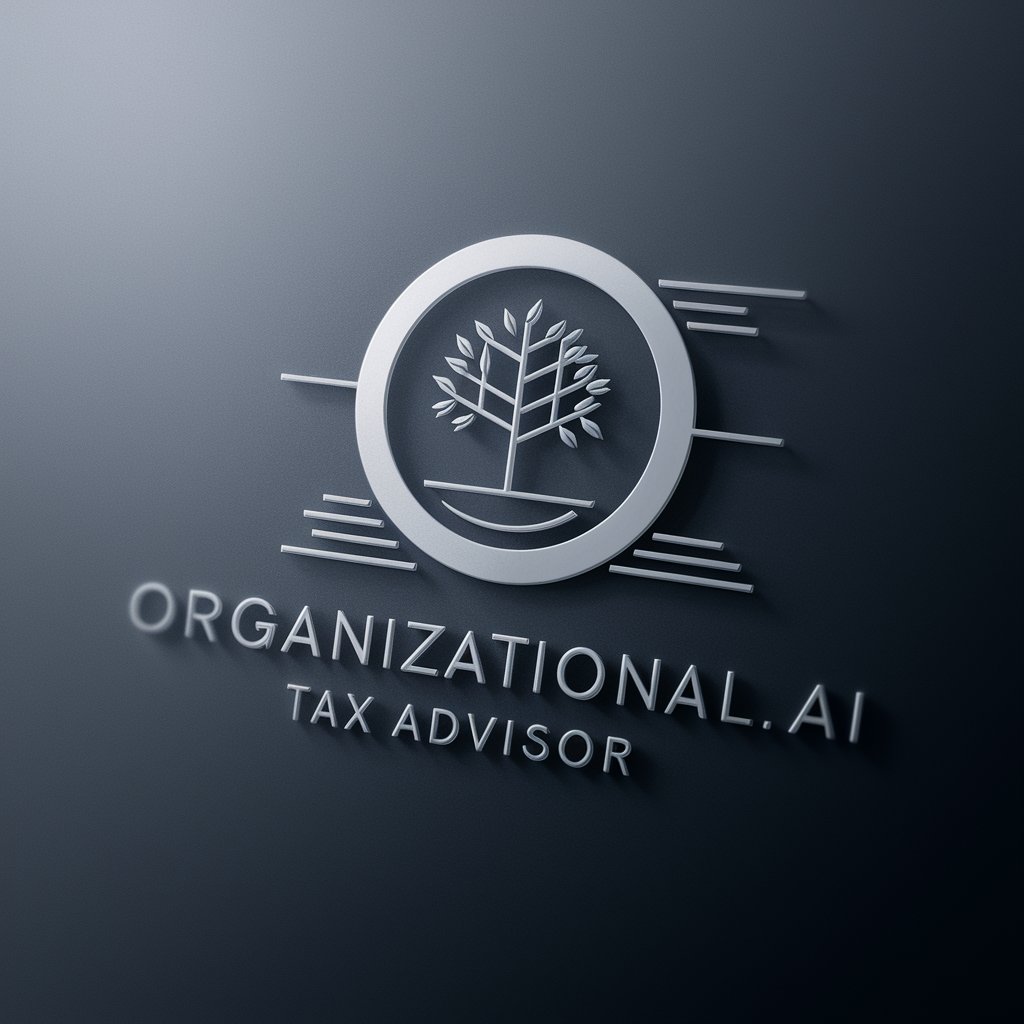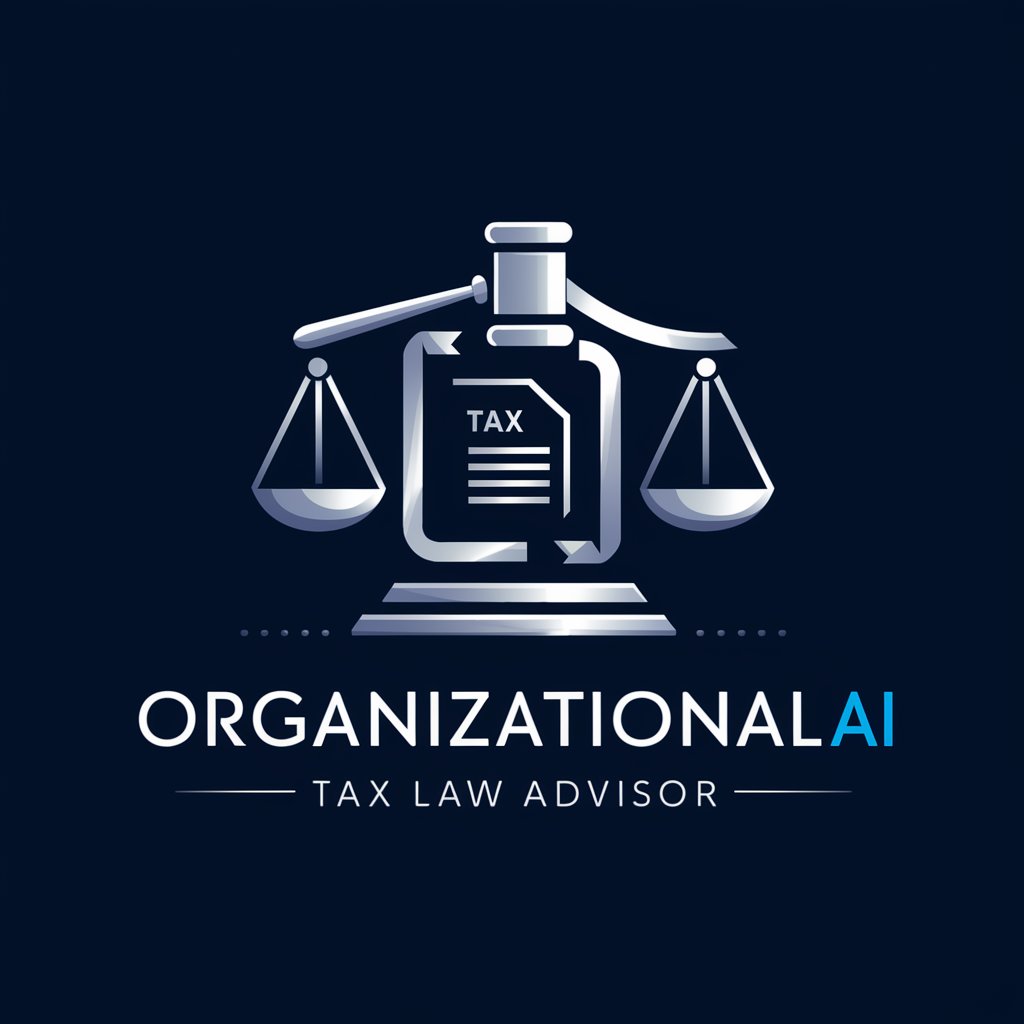
Tax Loopholes - Tax Strategy Insights

Welcome! Let's explore effective tax planning strategies together.
Navigate tax complexities with AI-driven guidance.
What are some lesser-known tax deductions that small business owners can leverage?
How do tax credits differ from tax deductions, and which are more beneficial?
Can you explain how the Foreign Earned Income Exclusion works?
What strategies can high-net-worth individuals use to minimize their estate taxes?
Get Embed Code
Understanding Tax Loopholes
Tax Loopholes is designed to provide in-depth insights into the nuanced world of tax planning, with a particular focus on lesser-known strategies and considerations. The primary aim is to highlight tax laws and regulations that allow for legal, albeit often not widely recognized, methods to reduce tax liabilities. An example scenario is the use of accelerated depreciation on business assets. This accounting method allows businesses to deduct a larger portion of an asset's cost in the early years of its life, potentially reducing taxable income significantly in those years. Powered by ChatGPT-4o。

Key Functions of Tax Loopholes
Exploration of Tax Deductions
Example
Research & Development Tax Credit
Scenario
A tech company may leverage this credit for expenses related to developing new software, effectively reducing their tax bill while investing in innovation.
Analysis of Tax Credits
Example
Foreign Tax Credit
Scenario
A multinational corporation can use this credit to avoid double taxation on income earned in foreign countries, thus optimizing their overall tax strategy.
Insight into Tax Deferral Strategies
Example
Retirement Accounts
Scenario
An individual might contribute to an IRA or 401(k), deferring taxes on the contributed amount and potential investment growth until withdrawal in retirement.
Target User Groups for Tax Loopholes
Business Owners and Corporations
This group benefits from understanding complex tax regulations that can significantly impact their financial health. Utilizing Tax Loopholes, they can discover strategies like asset depreciation or tax credits specific to their industry.
Tax Professionals
Accountants and tax advisors can deepen their knowledge of niche tax strategies, providing more comprehensive services to their clients and staying ahead in a competitive market.
Individual Investors
These users can benefit from learning about tax-efficient investing strategies, such as tax-loss harvesting or the benefits of specific types of investment accounts like Roth IRAs.

Utilizing Tax Loopholes Effectively
Initiate Discovery
Start by exploring tax optimization opportunities at yeschat.ai, offering a hassle-free trial without the need for login or a ChatGPT Plus subscription.
Gather Financial Data
Compile all relevant financial documents, including income statements, expenses, investments, and any tax returns from previous years.
Identify Applicable Loopholes
Research and identify tax loopholes that align with your financial situation, such as deductions, credits, and tax incentives specific to your income or business sector.
Strategize Implementation
Develop a tax planning strategy that incorporates these loopholes, potentially restructuring investments or business operations to optimize tax benefits.
Consult a Tax Professional
Before finalizing any tax strategy, consult with a certified tax professional to ensure compliance with laws and to maximize your tax savings ethically.
Try other advanced and practical GPTs
Blender
Empowering Creativity with AI

Food Industry Insider by Tim Forrest Consulting
Empowering Food Brands with AI-driven Insights

Image SEO DOMINATOR
Optimize images with AI-driven SEO insights.

MediCheck
Smart, AI-powered medication safety checks.

Flower Pots
Cultivate beauty, one pot at a time.

Ask Insolv
Empowering Decisions with AI-Powered Insights

Data Organizer GPT
Streamline your data, effortlessly.

Language Quiz
Elevate language skills with AI-powered quizzes

LDS-Ballard Facts
Unlocking Ballard's LDS Chronicles

Profesor Maxilo
Empowering Facial Aesthetics Education with AI

Hashtag & Trend Analysis
Maximize reach with AI-powered hashtag insights

Insurance Insights
Unlocking Insurance Knowledge with AI

In-Depth Q&A on Tax Loopholes
What exactly are tax loopholes?
Tax loopholes are provisions in the tax code that allow individuals or businesses to reduce their taxable income through legal means, often involving deductions, credits, or other tax incentives not originally intended for their benefit.
Can anyone use tax loopholes?
Yes, anyone can use tax loopholes if they meet the criteria for specific provisions in the tax code. However, the effectiveness and applicability depend on individual or business financial situations.
Are tax loopholes legal?
Absolutely. Tax loopholes are legal strategies to minimize tax liabilities. They involve using existing provisions within the tax laws to one's advantage. However, ethical considerations and compliance with the spirit of the law are important.
How often do tax laws change, and what impact does this have on tax loopholes?
Tax laws can change annually with new legislation or through changes in regulations by tax authorities. These changes can open new loopholes or close existing ones, requiring continuous monitoring and adjustment of tax strategies.
What's the difference between tax avoidance and tax evasion?
Tax avoidance uses legal methods to minimize tax liabilities through careful planning and leveraging loopholes. Tax evasion, however, involves illegal practices to avoid paying taxes, such as underreporting income or falsifying records.





